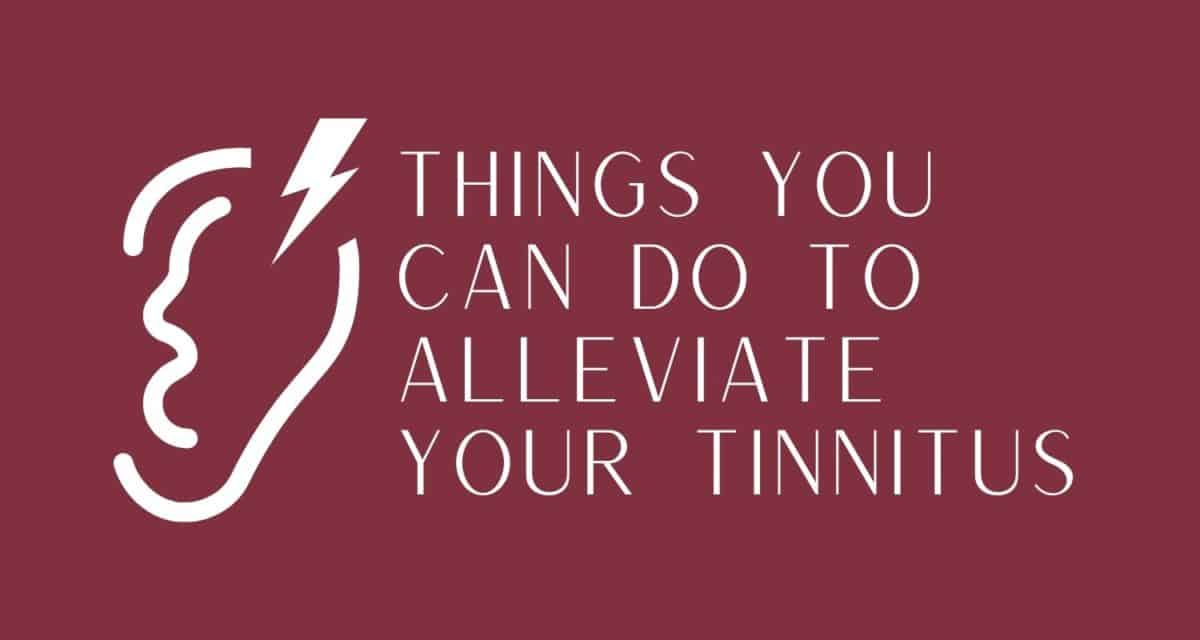- Volunteering for Hearing Health Causes - May 27, 2025
- Questions to Ask During Your Hearing Health Appointment - May 16, 2025
- Exploring Alternative Therapies for Hearing Loss - May 6, 2025
Are you losing sleep due to a ringing in your ears? It can be incredibly frustrating to work a busy day only to be confronted with an unescapable buzz that won’t quit. This is called tinnitus and can come in many forms, such as a buzz, hum, ring, roar, or even phantom music. What classifies it is that it comes from no external source and is perceived from inside your mind.
Tinnitus is fairly common. The U.S. Centers for Disease Control and Prevention (CDC) estimates that nearly 15% of the public — over 50 million Americans — experience some form of tinnitus. While it’s not that bad for a lot of us and comes and goes intermittently, approximately 20 million people struggle with burdensome chronic tinnitus, while 2 million have extreme and debilitating cases. This can cause stress, make it difficult to sleep and cause people to struggle with focus during the day. While tinnitus may at first not seem like a big deal, the chronic stress it can cause can have dangerous health effects on the body. It is important to get your tinnitus under control. While there is no cure for tinnitus, here are just a few tips for managing your symptoms.
Try Masking Tinnitus
When we finally find quiet for those of us with chronic tinnitus, often an enduring buzz is all that is there. If you are finding this is keeping you from focusing and getting the sleep you need, try covering the sound with something else. Some people find success in masking the sound with a music or a podcast. Others find comfort in using a white noise machine to mask the sound so they can fall asleep peacefully. About 90 percent of people with tinnitus also have hearing loss. If you use hearing aids, many offer tinnitus masking features so you can focus as you move through your day.
Cognitive Behavioral Therapy
There are many reasons to talk to a therapist. If you are working through chronic anxiety or depression caused by tinnitus, then this is an incredibly valid one. A form of mental health counseling called cognitive-behavioral therapy (CBT) is used specifically for people who struggle with bothersome or debilitating tinnitus. CBT explores how you react to tinnitus and guides you in modifying your response. This is effective because many times stress is one of the greatest factors increasing the degree to which you experience tinnitus. The more you feel stressed the more prominent tinnitus often becomes. CBT helps find new ways to interact with a persistent buzz in your ears.
Quit Smoking
Often a side effect of being exposed to damaging loud sounds to your hearing is tinnitus. Think about if you’ve ever left a loud concert or sporting event with ringing in your ears. While the hum of tinnitus usually fades away, the damage has still been sustained. Tobacco in cigarettes can restrict blood flow which can damage your hearing. Research has found that smokers are 70 percent more likely to acquire some type of hearing loss, as opposed to non-smokers. Healthy blood flow to your ears means less risk of tinnitus.
Meditate
Similar to CBT, the way you respond to tinnitus can reduce the effect. Meditation asks you to focus on one thing – simply existing. While this is not a full-proof method, many report that as they focus on being and breathing, the buzz of tinnitus simply slips away to the back of their mind. A daily meditation practice can reduce stress and keep chronic tinnitus from taking over your life.
Exercise
Exercise keeps your body healthy, boosts mood, and reduces stress. Researchers at the University of Illinois discovered that exercise also helped to decrease tinnitus symptoms in many patients. When you exercise you will be able to sleep better and protect yourself from cardiovascular disease, diabetes, and hypertension which can all increase the risk of hearing loss and tinnitus.
Seeking Help
If tinnitus is starting to take over your life, it is important to seek professional help. While tinnitus is irreversible, often treating an accompanying hearing loss can reduce stress and tinnitus as well. The first step is to schedule a hearing exam. We can explore your options, diagnose your hearing, and find the best solution for all your hearing needs.

